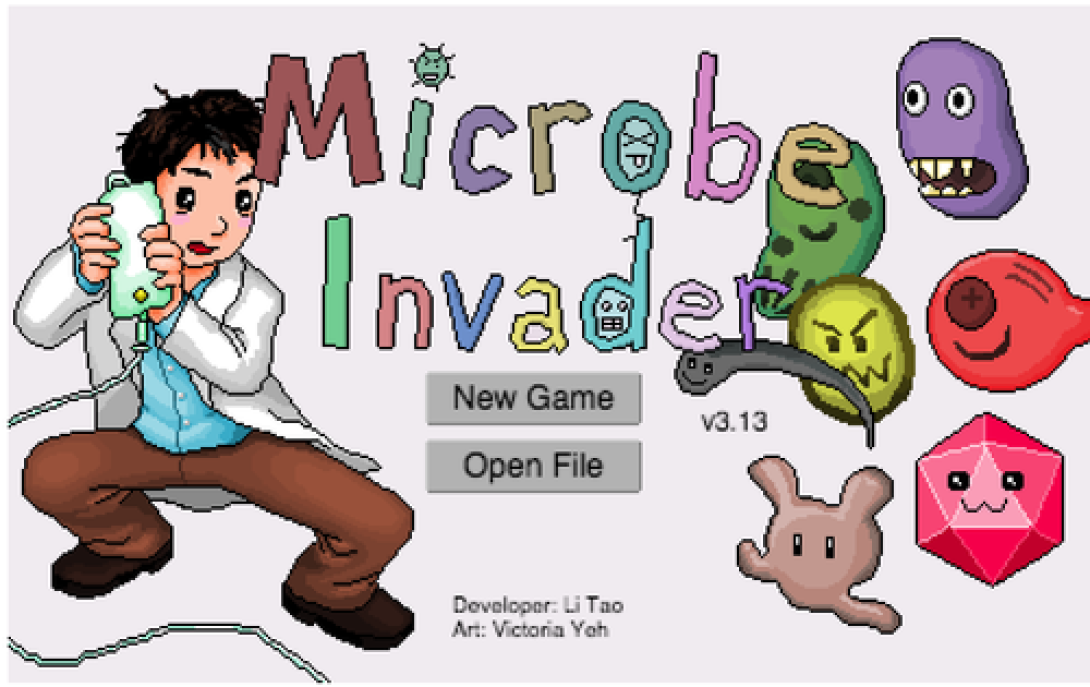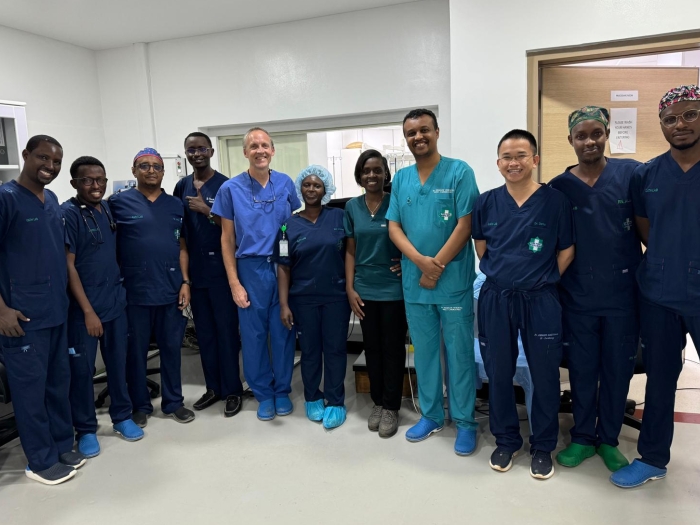8:04 PM
Author |
The Infectious Disease sequence has officially been conquered! I've got to send much love out to the best lab partner that ever was, dearest Daniel who was an incredibly good sport about my, er… neurotic tendencies. (No point sugar-coating it this far into the game.) I couldn't have done it without him.
In spite of aforementioned neurotic tendencies, this was actually a really enjoyable sequence. There was oodles of case-based learning and, while the cases were almost always straight-forward (we are new here, after all), it still pushed us to legitimately think like doctors. Our instructors were all fantastic and how on earth do they know so much. It also reminded us what it's like to be students in the real world where you're expected to show up to class every day (awkward cough). Having the option to stream lectures from home is incredibly freeing, but it does kind of skew your perception of reality. I fussed with the best of them about having to be there every morning, but I actually believe it was a good thing that we were held accountable for attending small group every day and it definitely contributed to my learning. (Don't tell on me; can't afford to lose my street cred.)

The next two weeks are going to be highly unusual for us. They're dubbed CFM, Clinical Foundations of Medicine, and consist of relatively few events scheduled sporadically across the coming days. The formally scheduled events include presentations on topics such as interpersonal violence, LGBTQ concerns, and patient decision making. There are also opportunities for us to demonstrate our history-taking and physical exam skills to our instructors and get feedback. The abundance of available time in our schedule is largely to practice those skills leading up to our demonstrations, but it also allows us time to pursue other things such as shadowing, taking care of logistical preparations for summer projects, and the ever popular Taking a Break. I plan on dabbling in all of the above.
Speaking of taking a break, something I've really worked on throughout the ID sequence is making it a bigger priority to leave some time for myself every day. As you may have picked up on from previous posts, this generally equates to video game time. I honestly kind of shocked myself in terms of how successful I was. Not quite so shocking, it made a big difference in my general state of mind. There's so much to learn in our courses and so many cool things outside of class that you can get involved with, but yikes! You can't be "on" all the time. I certainly learned my lesson. I hereby grant you permission to hit me with something if I appear to have forgotten it at some point in the future.
At the conclusion of our two CFM weeks, we only have one more week of M1 year. Our final sequence is Human Growth and Development and then we're officially into the summer. How is that possible…? As is my wont, I call shenanigans.

Department of Communication at Michigan Medicine
Want top health & research news weekly? Sign up for Health Lab’s newsletters today!





